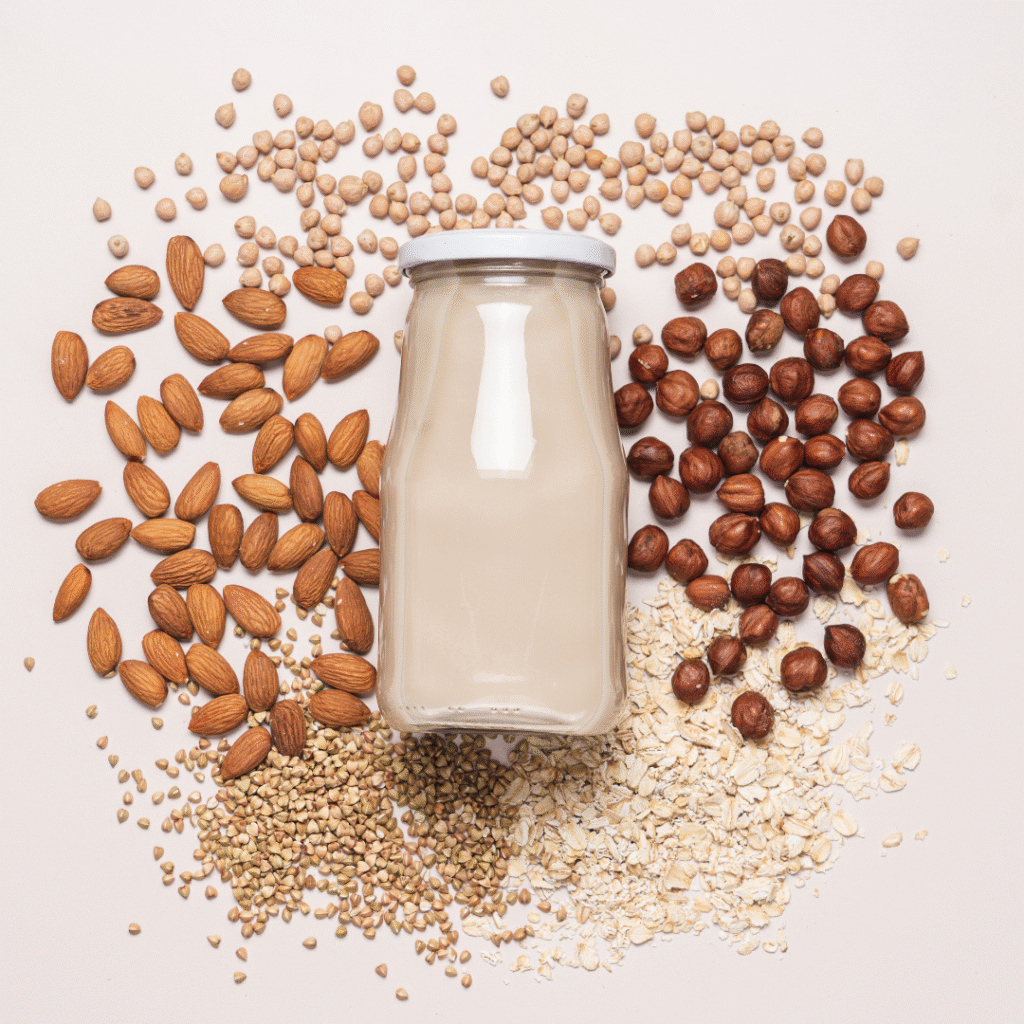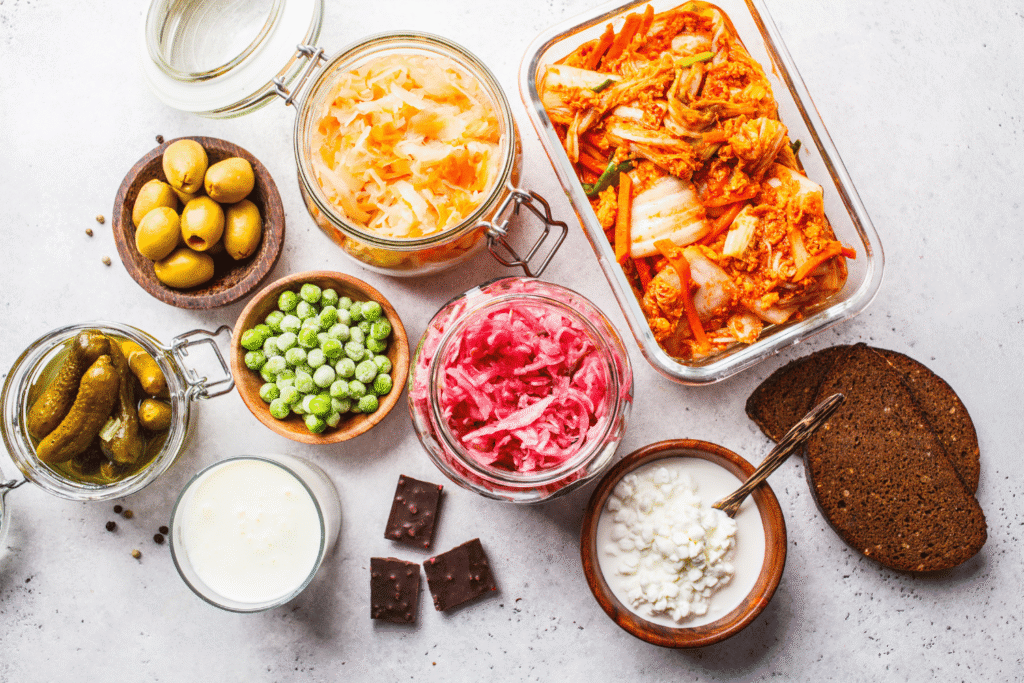The Benefits of Plant-Based Protein: A Healthier Choice for Your Body and Planet
In recent years, more people are turning to plant-based protein as a healthier and more sustainable option. Whether you are an athlete, a busy parent, or someone looking to make better dietary choices, plant-based protein can be a powerful way to support your health. Unlike traditional animal protein, plant-based options come with additional nutrients, fewer saturated fats, and benefits that extend beyond your body; to the environment as well. WHY CHOOSE PLANT-BASED PROTEIN? 1. Supports Muscle Growth and Repair Protein is essential for maintaining and building muscle, and plant-based sources like peas, soy, chia seeds, and brown rice provide complete or complementary amino acids. With the right combination, plant-based protein can be just as effective as animal protein in supporting recovery after exercise. 2. Gentle on Digestion Many people experience bloating or discomfort from dairy-based protein powders. Plant-based proteins are typically easier to digest and can be a great alternative for those who are lactose intolerant or have sensitive stomachs. 3. Rich in Fiber and Nutrients Unlike animal proteins, plant-based options often contain fiber, antioxidants, and essential vitamins and minerals. Fiber supports better digestion, helps maintain a healthy weight, and promotes long-term gut health. 4. Heart-Friendly Plant proteins generally contain less saturated fat and no cholesterol. This makes them a heart-healthy choice that may help reduce the risk of cardiovascular disease when included as part of a balanced diet. 5. Sustainable and Eco-Friendly Choosing plant-based protein isn’t just good for your health—it’s also better for the planet. Plant protein production requires fewer resources like water and land, and it produces fewer greenhouse gas emissions compared to livestock farming. Best Sources of Plant-Based Protein Pea Protein: Easily digestible and rich in iron. Soy Protein: A complete protein with all essential amino acids. Brown Rice Protein: Great for sensitive stomachs. Chia Seeds: High in protein, fiber, and omega-3 fatty acids. Quinoa: A versatile grain that provides complete protein naturally. Switching to plant-based protein can be a small step with big rewards. From supporting your fitness goals to improving your digestion and contributing to a healthier planet, it offers benefits that go beyond nutrition. Whether you’re blending it into a smoothie, baking it into snacks, or enjoying it as part of your meals, plant-based protein is a choice that truly fuels a better lifestyle.












